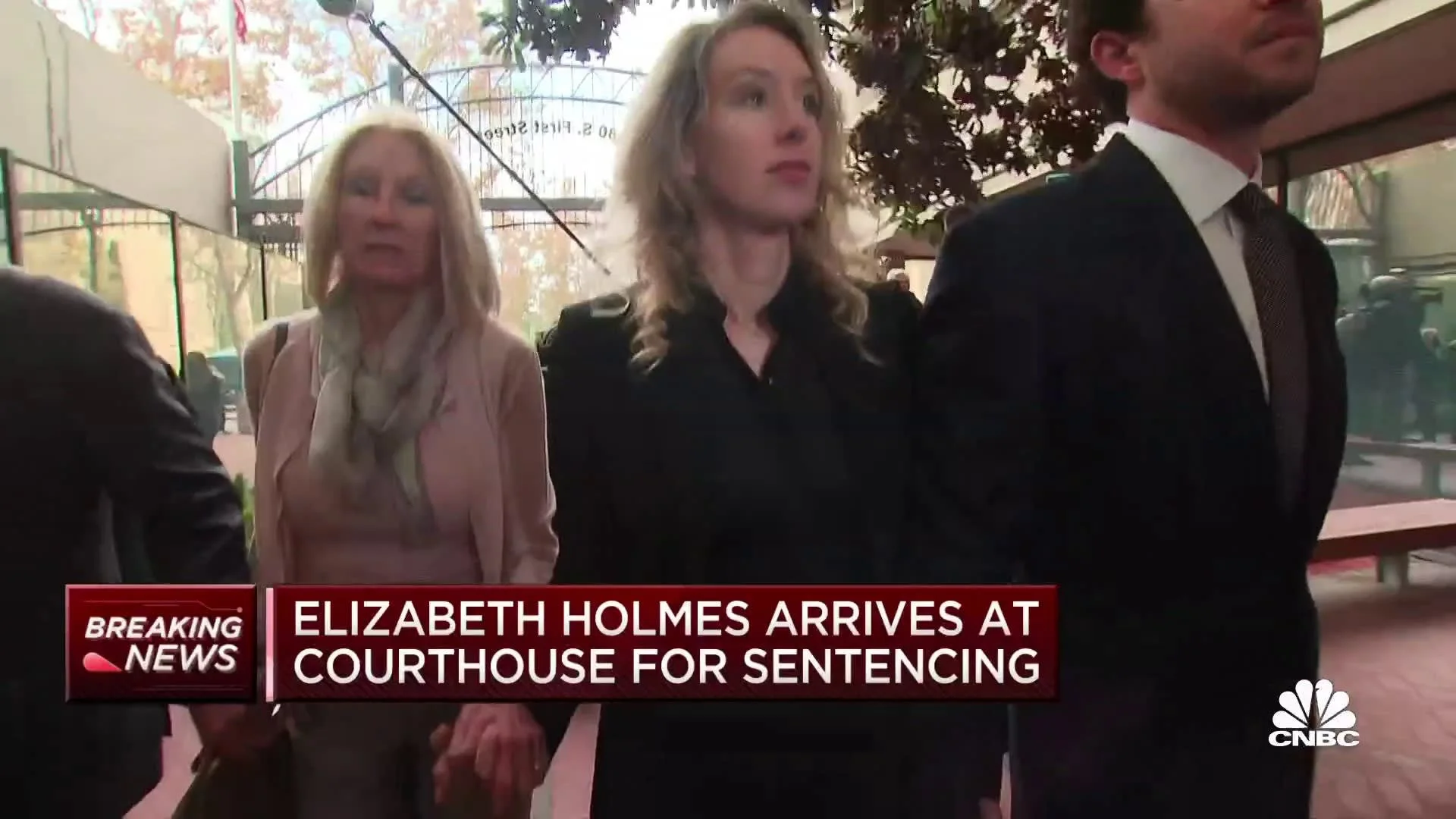How the cult of personality and tech-bro culture is killing technology
You might have noticed that the digital and tech worlds are going through turbulent times. All the recent headlines have been around the chaos of Twitter since the takeover by Elon Musk, Mark Zuckerberg's spending Meta’s billions on building his vision of the Metaverse, all while making over 10,000 people redundant, and a certain Sam Bankman-Fried, who has tanked FTX because of, well, just having no management processes in place. Needless to say, he has confirmed to many the suspicions of the crypto world.
Every piece of damage in each of these evolving stories is very much self-inflicted, and it’s been allowed to happen because of both the tech-bro culture and cult of the personality that has been allowed to go unchecked by funders for far too long.
Sadly, toxic and extreme working cultures are not new. Just look at the financial and political worlds. What we’ve seen in tech is a growing acceptance that to achieve growth and a healthy return on investment, and equally, to not miss out on the next best thing, you have to be committed to a hardcore culture,’ as Elon Musk recently said.
But the three companies that I mention are not the exception, and there are many more. Just look at Uber under Travis Kalanick in the early days or WeWork under Adam Neumann.
Strong alpha leaders have been, if not encouraged, then certainly accepted. And it is these leaders who are nurtured and grown and use their profiles to scale their businesses. It is not just the product that people invest in, but the personality.
When a start-up grows, they have a story to tell. At this early stage, communications support tends to be limited, and whatever counsel is there is focused on promotion rather than protection. It’s all about scaling the business and tightly so meeting the expectations of investors. BUT, it is here where investors need to focus more extra time on the character and behaviour of the founder/s, and if they are going to pose a risk to not just the business they are trying to grow but to the investors themselves.
Pre-IPO, due diligence on risk and reputation is an internal matter. Funders will look at it from the perspective of the balance sheet, especially against their other projects. But, aside from the expertise, what is often needed is a handler that is established by a funder to ensure that a start-up can deliver and do so in a manner that protects not just the investment made but the reputation of the investor and the wider sector.
Look at the situation of FTX. It was a great story with a great narrative, something that secured a great investment and valuation, but equally a story that created a distraction that even now is unravelling in such a way that established many questions about not just how the exchange was run, but the due-diligence processes that investors had in place.
And talking about due diligence, the recent Theranos story is a great example, where the profile of Elizabeth Holmes was carefully crafted and sold to the media and, by default, to other investors. A person that appeared not to be part of the tech-bro crowd but was just this week convicted of defrauding investors.
And Elon Musk, who, after his dance with Twitter, finally bought the company with the help of additional investors. All before, very publicly, doing everything to damage the business model that is over-reliant on advertising.
With Twitter, it is no longer about due-diligence, but about him and his view and his own view or what and how he wants to remake a business that cost him $44 billion dollars, regardless of the fact that others have investment in him and Twitter.
Technology has not yet reached peaked. What it has reached though is a point where investors, even SoftBank, are looking to minimise their exposure to investing on a hunch and where reputation and culture can be brushed aside as a minor issue.
Reputation, risk and due diligence are essential areas that investors might spend a bit more time on to limit their exposure to stories that might be too good to be true.



